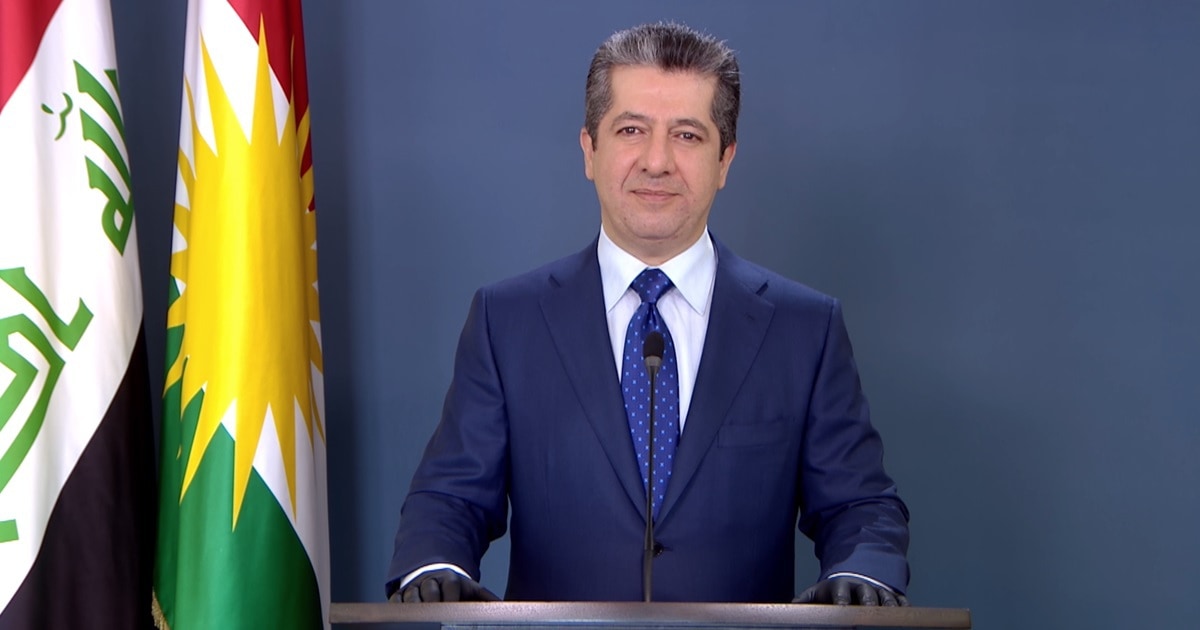Iraqi Kurdish politics are a Middle Eastern Hunger Games spread across generations: Families form alliances to defeat opponents, but then turn against each other – sometimes even themselves – until only one remains standing. As leaders pass the baton to the next generation, brothers turn on cousins and each other.
The Assassination Game in Iraq’s Kurdistan Region
In Iraqi Kurdistan’s modern history, that process has not been peaceful. In 1975, Jalal Talabani turned against Mulla Mustafa Barzani to form his own political movement. While Talabani’s Patriotic Union of Kurdistan joined the Socialist International, and Talabani himself publicly opposed the death penalty, Talabani and his deputy Noshirwan Mustafa did not hesitate to assassinate anyone who would challenge their political rule and the monopoly they sought over regional resources in the portion of Iraqi Kurdistan they transformed into their own de facto fiefdom.
As Mulla Mustafa fell ill with cancer and died, his ten children fought amongst each other to collect the spoils of the political movement. Eldest son Ubaidullah sought to ally with Saddam Hussein to gain an advantage over his brothers. That backfired. However Masoud – the current Barzani leader – embraced the same strategy two decades later, inviting Saddam’s tanks and Republican Guards into the Kurdish capital Erbil on the condition they weed out his own Kurdish opponents. Within Barzani’s fiefdom, Masoud and his nephew Nechirvan, the son of Masoud’s brother Idris, consolidated control in an uneasy truce. They were of two different generations and, while Masoud was dominant, he understood the loyalty and reputation Idris’ service to Mulla Mustafa had earned Idris prior to his death from a heart attack at age 43. Still, Masoud and Nechirvan conspired to push away Masoud’s first cousins and Farhad, the former Barzani representative in Washington whose father Luqman was another Masoud brother. (Still other cousins like Sirwan, whose father and Masoud brother Sabir defected to Saddam’s side, they successfully coopted; Sirwan today runs the regional phone company for Barzani’s profit).
Not all maneuvering and power consolidation moves were peaceful. Between 1994 and 1997, the respective Barzani and Talabani fought a brutal civil war in which several thousand died fighting and hundreds more perished as prisoners-of-war. In Barzani’s memoirs, he openly discusses Talabani’s lieutenants’ bludgeoning, immolating, and mutilating of prisoners, although similar reports exist of his own Peshmerga acting similarly.
Killings did not end with the civil war. In 2001, terrorists killed Assyrian Barzani loyalist Fransu Hariri in an attack in which many believe Talabani was complicit.
Competition for Power in the Region Continues
The cycle of internal competition is again accelerating. It has now been several years since Jalal Talabani’s sons Bafel and Qubad staged an internal coup against their cousin Lahur in order to consolidate power amongst brothers and ice out their cousin. That went down with minimal violence (though Lahur has refused demands to leave) but the same may not be true with regard to the Barzanis.
Next month, Barzani’s political movement will head to elections. In the territory controlled by the Barzanis, elections have always been an elaborate show rather than a true test of electoral popularity. (Barzani’s son Masrour was recorded distributing biometric identity cards with false names to multiple supporters and voting numerous times during the previous elections). Already, Masoud Barzani’s eldest son Masrour is working behind the scenes to stack the deck with his own partisans in an effort to disempower his cousin Nechirvan, the current figurehead president of the Kurdistan Region after constitutional term limits forced Masoud’s resignation. Masrour and Nechirvan have long been competitors and no longer contain their dislike for each other.
At the same time, Masrour is seeking to empower his younger brothers Mulla Mustafa (nicknamed and better known as “Babo”) and Waysi. This bodes poorly for regional peace. While diplomats and intelligence community members consider Masrour intemperate, arrogant, spoiled, and prone to violence, they describe Waysi, who heads the Barzani’s counterterrorism service, as a sociopath. Masrour has caused repeated crises and undermined Iraqi Kurdistan’s standing by murdering opponents rather than seeking to co-opt and isolate them as his father had done. As Masoud grows more isolated in his mountaintop resort, effectively a prisoner of Masrour who controls access to him, the danger is that violence and assassination will entice Masrour and Waysi who are not mature enough to appreciate its ramifications.
The consequences of tit-for-tat assassinations in Iraqi Kurdistan are insurmountable. Both Iran and Turkey already interfere; growing political violence would open the door further. Fortunately, such a scenario need not happen.
While American policy is often reactive, it need not be so. While the Barzanis talk tough and generally dismiss American diplomats, when they interact privately with the intelligence community, they act like pussycats. If Director of Central Intelligence Bill Burns or his deputies draw a line right now and let Masrour understand the personal costs he will suffer if anything happens to Nechirvan or certain pro-Talabani competitors, Masrour will likely think twice. It is a U.S. strategic interest to signal now that Barzani-sponsored political assassinations are a redline.
Now a 1945 Contributing Editor, Dr. Michael Rubin is a Senior Fellow at the American Enterprise Institute (AEI). Dr. Rubin is the author, coauthor, and coeditor of several books exploring diplomacy, Iranian history, Arab culture, Kurdish studies, and Shi’ite politics, including “Seven Pillars: What Really Causes Instability in the Middle East?” (AEI Press, 2019); “Kurdistan Rising” (AEI Press, 2016); “Dancing with the Devil: The Perils of Engaging Rogue Regimes” (Encounter Books, 2014); and “Eternal Iran: Continuity and Chaos” (Palgrave, 2005).

